The 2.9 megawatt solar power plant in Otaki Village generates climate-friendly electricity for 600 households. juwi Shizen Energy Operation takes over operational management of the plant.
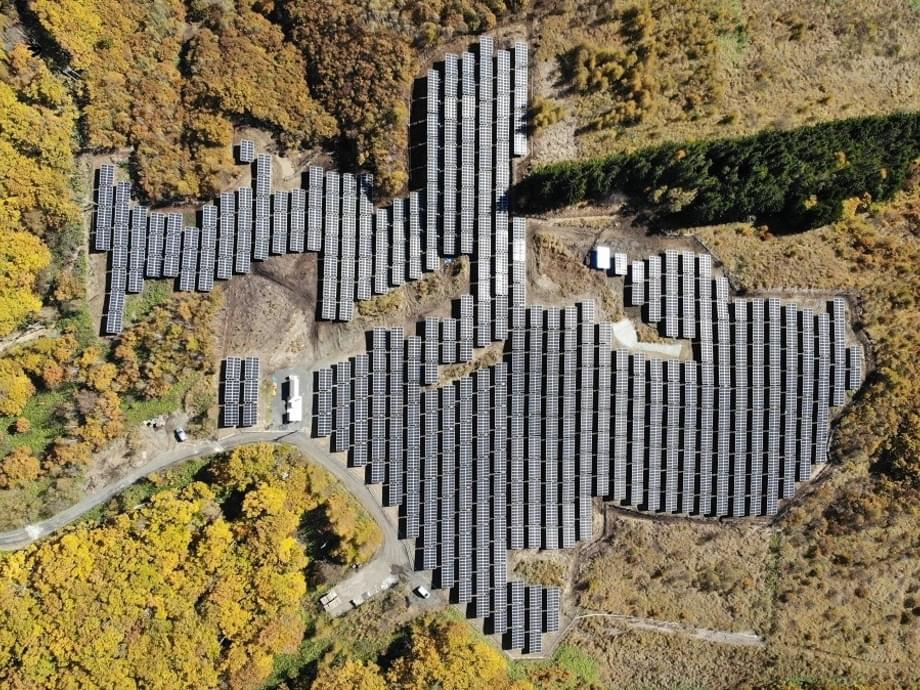


Genetically modified crops have a bad rep. How could something so unnatural be good for us?
Well, we finally get to hear from the plants themselves. New evidence shows that plants have been genetically modifying themselves — and the process, called lateral gene transfer, could lead to new plants that are resilient to climate change.
The research: We all know that genes are transferred from parent to offspring. The same is true for all species, including plants. Some bacteria can swap genes with each other, but more complex life (usually) stays in its lane.

Policy experts and scientists are coming together to stop such experimentation.
Back in March of 2021, we brought you news of a study from the Bill Gates-backed Harvard University Solar Geoengineering Research Program which aimed to evaluate the efficacy of blocking sunlight from reaching our planet’s surface in order to delay the effects of climate change.
Now, more than 60 policy experts and scientists have come together to claim that these kinds of geoengineering initiatives are very dangerous for humanity, according to Phys.org.
“Solar geoengineering deployment cannot be governed globally in a fair, inclusive and effective manner,” said the researchers in a letter that was further supported by a commentary in the journal WIREs Climate Change.
“We, therefore, call for immediate political action from governments, the United Nations and other actors to prevent the normalization of solar geoengineering as a climate policy option.”
Turns out geoengineering is not all it’s cracked up to be, and experts say that it could be dangerous to play with it.
Chinese Scientists have previously showed their ability to change and control the weather inside China, but now there’s proof that they may actually modify and control the weather all over the world which has disastrous results in the form of Natural DIsasters such as Tornadoes. This video explores the possiblity of China having done this knowingly and what good could possibly come from having the ability to change the climate at your will. One thing is for sure, the science and technology behind these abilities is truly breathtaking.
–
If you enjoyed this video, please consider rating this video and subscribing to our channel for more frequent uploads. Thank you! smile
–
TIMESTAMPS:
00:00 What are China’s Plans.
01:59 Is China really controlling the weather?
03:14 The History of weather-changing technology.
03:53 What is China actually doing?
05:26 The dangers of controlling the weather.
08:12 Last Words.
–
#weather #science #china

👽 Many experts, for years, believe that the scientific community no longer has a way to hide it. Life outside the earth exists. 🛸VIDEO 🛸
O’Connell reveals that life is capable of surviving in environments inhospitable to humans. For this reason, he believes that life can be found in a lake of sulfuric acid, inside barrels of nuclear waste, in water superheated to 122 degrees Celsius and even in Antarctica.
Furthermore, he adds that Mars was once an ideal place for life. He believes that the presence of methane in its atmosphere is proof that extraterrestrial life existed there.
Obviously, this brings us closer to the theory that Mars, not only had life, but was able to adapt to survive in the climate caused by some nuclear disaster.
These words are the closest to a situation in which you do not want to mention. Also, what is wanted to be kept hidden: there could be life on Mars as on Earth.
That a recognized scientist ensures that we are at the gates of extraterrestrial contact is something incredible. In addition, he affirms it with a surprising bluntness.
That is why many experts, for years, believe that the scientific community no longer has a way to hide it. Life outside of Earth exists and we are about to contact it.
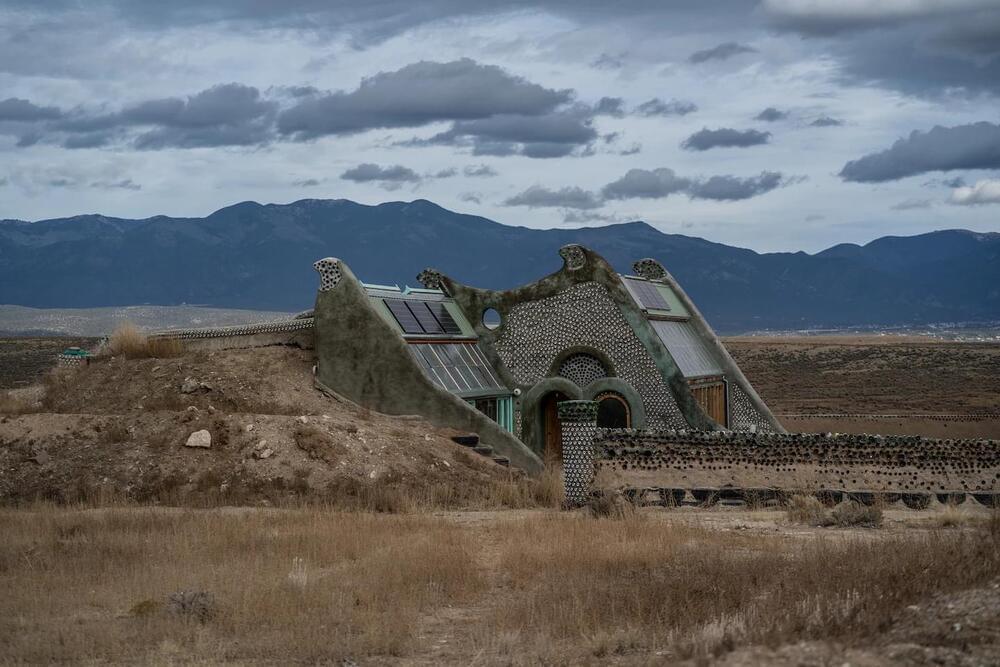
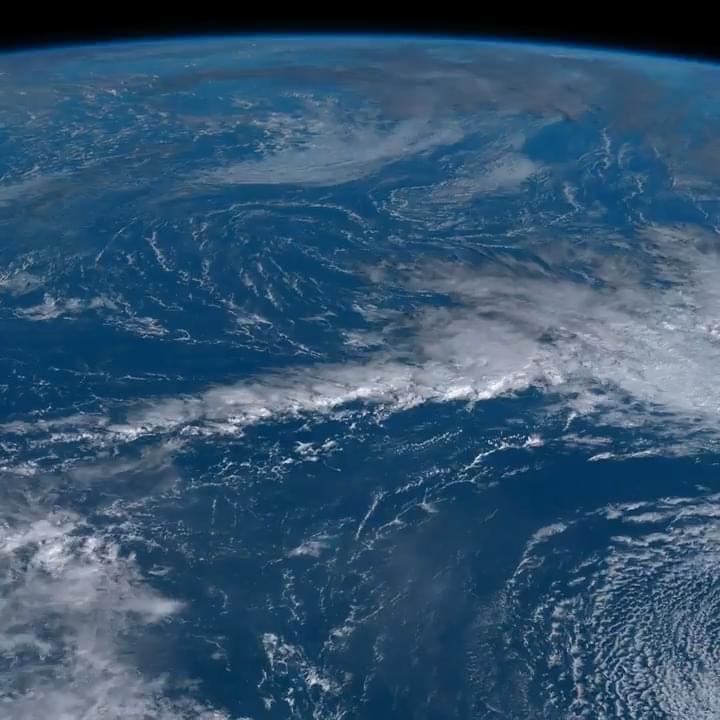

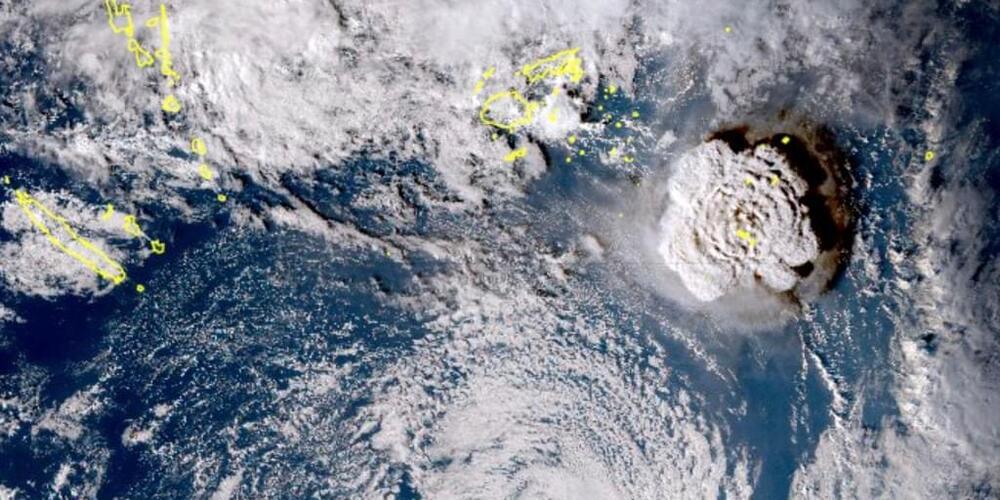
A tsunami advisory has been issued for Hawaii and parts of the U.S. Pacific coast after an undersea volcano erupted in spectacular fashion near Tonga on Saturday.
California, Oregon, Washington, Alaska and the Canadian province of British Columbia could all be affected, the National Tsunami Warning Center said in a bulletin.
Residents living near beaches, harbors, marinas and other coastal areas should move away from the shore and make their way inland or uphill, the bulletin added.
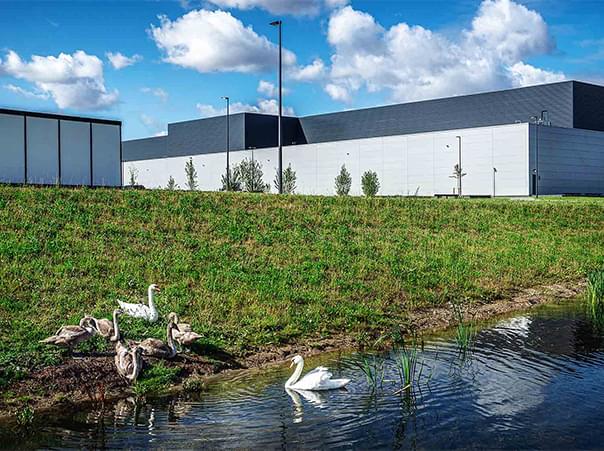
Similar projects in Denmark have used recaptured heat from smaller structures, such as supermarkets, to supply a nearby building or two. The Facebook project scales the technology to a level not yet reached in the world by producing up to 25 MW per hour of usable heat.
“Facebook opened their new data center in Odense,” said Denmark’s Minister of Climate, Energy, and Utilities, Dan Jørgensen, on Instagram. “It’s based on renewable energy only (from their own wind farm) and feeds their surplus heat into the district heating system. Good news for the transition to green energy!”
As a nation, Denmark has set a goal to eliminate the use of coal by 2030. The heat recovery project supports Odense’s even more aggressive goal to phase out coal (which 30 percent of the city still depends on for heat) by 2023 — a modern feat for a city that just celebrated its 1,031st anniversary. Facebook’s data center is estimated to reduce Odense’s demand for coal by up to 25 percent.